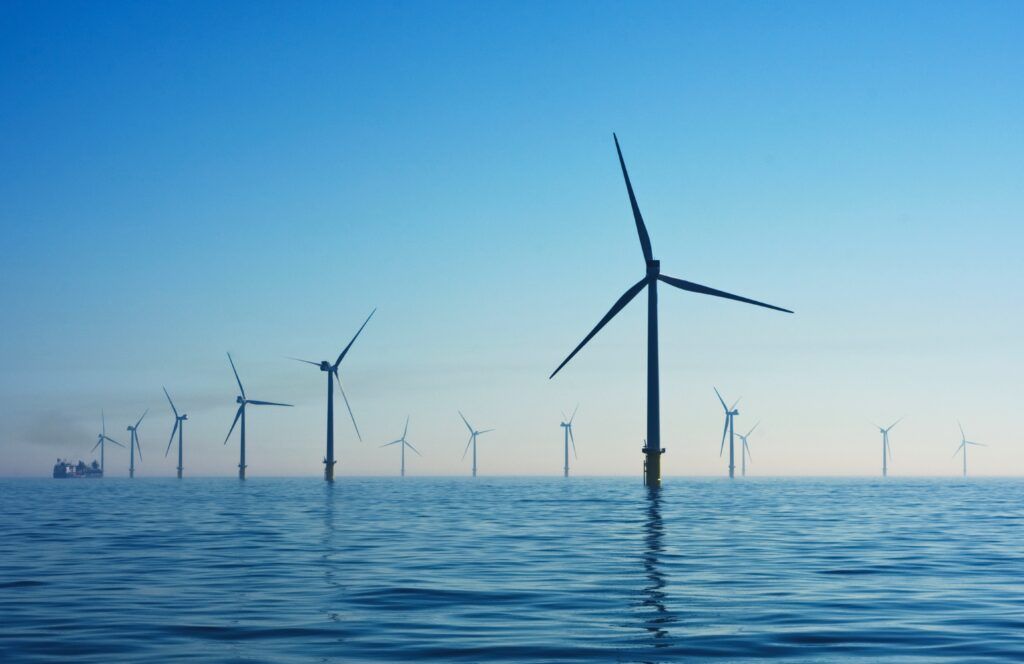Expected Outcome:
The EU has ambitious goals to tackle the ongoing climate crisis, noteworthy being the aim to be a fully climate-neutral continent by 2050. Thus a framework needs to be established where sustainability and educational aspects for renewable energy and fuel technologies is addressed. Further, these actions need to engage with stakeholders at different levels (policymakers, regulators, innovators, industry, trade associations, universities and local communities) in order to align priorities and needs, while also identifying possibly overlooked challenges.
In this context, and taking into consideration circularity and sustainability, project results are expected to contribute to all of the following expected outcomes:
- Enhance and promote sustainability by addressing social and environmental aspects (air pollution, waste management, job opportunities, wildlife concerns, etc.) of renewable energy and renewable fuel technologies at a global level, thus ensuring the European Green Deal priorities are met.
- Support the development of training and reskilling efforts in the renewable energy and renewable fuel technology sectors, while also identifying (global and local) challenges, to realise the large deployment ambitions of the European Green Deal, and the various sectorial strategies under it (such as the recent Offshore Renewable Energy Strategy) and its external dimension.
- Support and promote circularity concepts and approaches (such as circular- and/or recyclable-by-design) in line with the Circular Economy Action Plan and the Action Plan on Critical Raw Materials.
Scope:
In this topic, sustainability is meant in environmental, social and economic terms. The proposal is expected to address all the following aspects:
- Coordinate the stakeholder community and propose concrete actions to promote and accelerate the development of sustainable solutions for renewable energy and renewable fuel technologies, encompassing ‘circularity-by-design’ (with special attention to life cycle assessment of the entire value chain, including critical raw materials and gradual substitution of fossil fuels), and identifying and assessing relevant externalities.
- Set up and initiate a structured programme to promote an innovative multi-disciplinary approach on teaching and engaging with the sustainability of all forms of renewable energy. The proposal should also actively engage with European universities in this matter. Special consideration to gender balance issues should also be given. A clear post-project life for such programme should also be addressed.
- Develop and run an industry-academia programme focused on hands-on training. This programme should identify the required skills needed for the sustainability of renewable technologies, identify and act on knowledge gaps, and identify retraining opportunities based on revamped training curricula and course content. These concerted actions are expected to develop human capital in innovative new technologies through education and training.
This topic requires the effective contribution of SSH disciplines and the involvement of SSH experts, institutions as well as the inclusion of relevant SSH expertise, in order to produce meaningful and significant effects enhancing the societal impact of the related research activities.
Deadline
5 January 2022






Leave a Reply